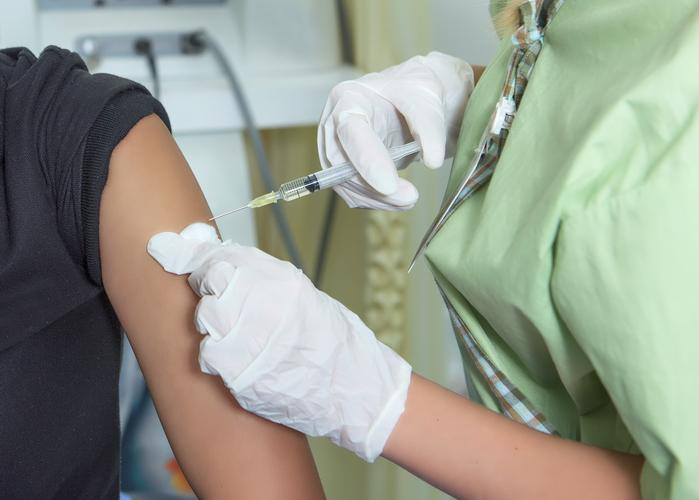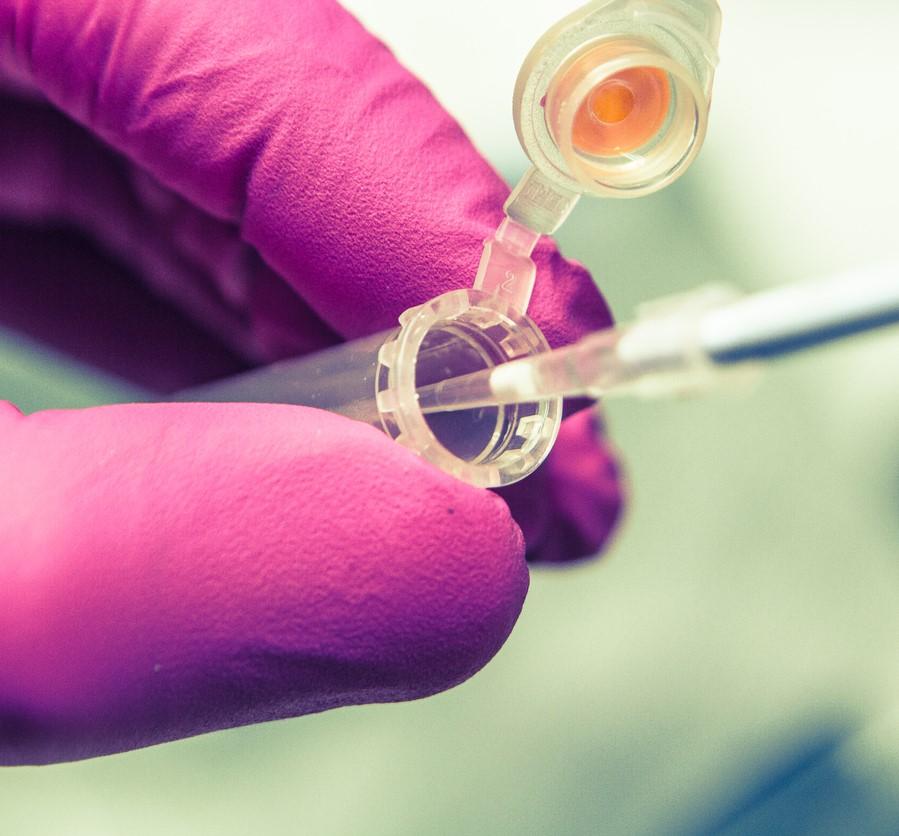
A new meta-analysis of studies involving more than 14 million people published in the Journal of Infection shows that COVID-19 vaccination is associated with a lower risk of developing long COVID, with two doses reducing the odds by 24% and one dose reducing the odds by 15%.
In the 25 studies published up to February 2024 that were included for analysis, long COVID was defined as persistent symptoms at 3 months or beyond, and all studies compared long-COVID symptoms between vaccinated and unvaccinated groups, with the number of doses received by participants specified. All studies included were observational trials and included in total 14,128,260 participants.
Best protection from 2 vaccine doses
In 15 studies, two doses of COVID-19 vaccine before infection resulted in reduced odds of long COVID by 24% (odds ratio [OR], 0.76; 95% confidence interval [CI], 0.65 to 0.89). In 5 studies, one-dose post-COVID vaccination was associated with a 15% reduced odds of long COVID (OR, 0.85; 95% CI, 0.73 to 0.98).
Current studies suggest that 2-dose pre-COVID vaccination and 1-dose post-COVID vaccination may have a protective effect against long COVID
"Current studies suggest that 2-dose pre-COVID vaccination and 1-dose post-COVID vaccination may have a protective effect against long COVID," the authors concluded. "Vaccination could be a possible measure to maintain quality of life by partially protecting against long COVID. However, more research could be done to evaluate the effect of 3-dose pre-COVID vaccination, particularly in the context of the Omicron variant."
.jpg)













